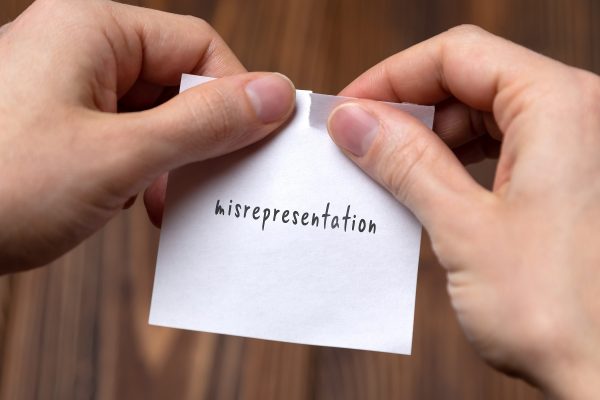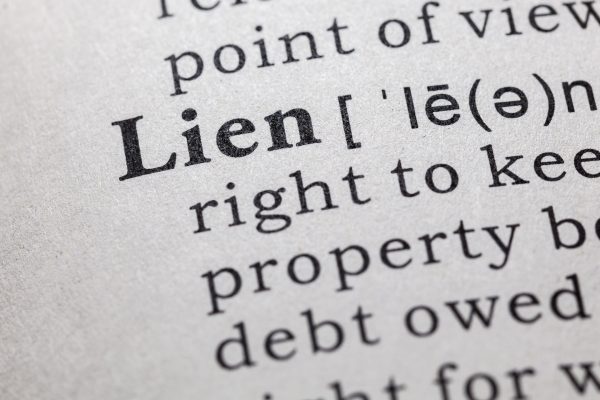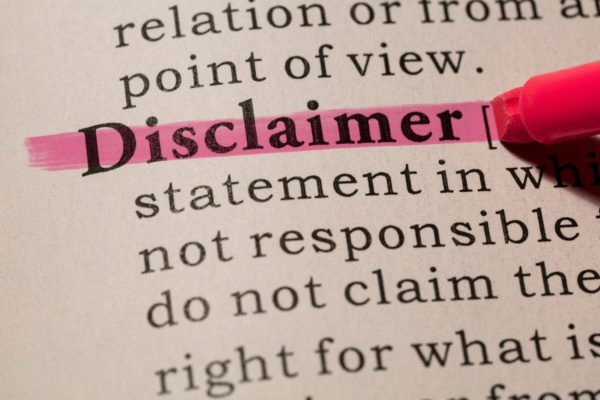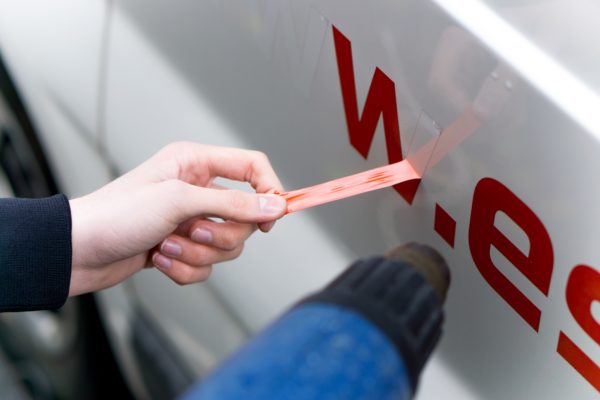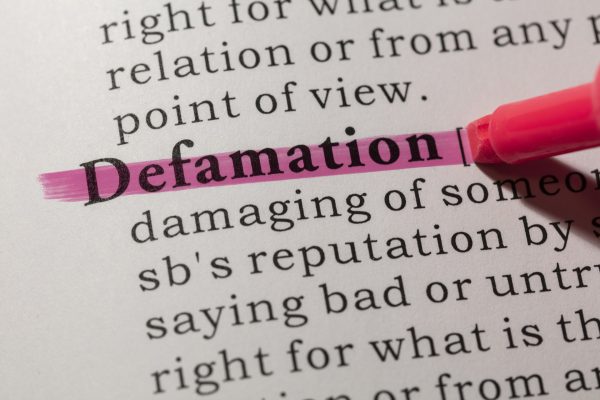Any person in possession of another’s goods, where the owner is under an obligation to collect them, is entitled to sell the goods if they remain uncollected and are not otherwise the subject of a dispute.
The provisions of The Torts (Interference with Goods) Act 1977 can be invoked any time after the goods are ready for collection, subject to any terms imposed at the time the goods were left for repair.
First, one must deliver to the owner of the goods written notice of:
- The owner’s obligation to collect the goods
- Details of the goods to be collected and the address at which they are held;
- The name and address of the person sending the notice;
- Details of any sum of money owing in respect of the goods at the time the notice is sent.
Such notice may be delivered direct to the owner, left at his proper address or posted.
If this does not result in collection of the goods, then the second condition laid down in the 1977 Act must be satisfied before the goods may be lawfully sold.
The person in possession must now send to the owner of the goods, by recorded delivery post or registered letter, notice of:
- Intention to sell the goods and the date of the intended sale if they remain uncollected;
- Details of the goods to be sold and the address at which they are held;
- The possessors name and address;
- Details of any sum of money owed in respect of the goods at the time the notice is sent.
The period between the issue of the second notice and the date of intended sale must be no less than three (3) months.
The ‘proper address’ of an owner of goods is:
- In the case of a body corporate, the registered office or principal office;
- In any other case the last known address of the owner.
Where the person holding the goods has taken reasonable steps to trace the owner of the goods, in order to issue the necessary notices, but has been unable to do so, then he is entitled to proceed as if the notice has been served.
Where the goods remain uncollected at the notified date of sale, the person holding the goods may sell them by whatever manner is appropriate to the circumstances. The person selling the goods can lawfully pass good title to any purchaser.
The seller must account to the owner of the goods for the proceeds of sale, although he is entitled to withhold any sum owing in respect of the goods, to include reasonable sale costs.

Available on all your devices via your web browser or the dedicated MotorDesk desktop and mobile apps.
Where there is any dispute concerning the goods e.g. the repair has not been carried out properly or at all, then it is inappropriate to issue the above-mentioned notice, until the dispute has been settled or otherwise determined.
Although the person holding the uncollected goods must issue each of the prescribed notices detailed above, the notices may be combined if sent by recorded delivery post or registered letter.
Any doubt as to the provisions of the 1977 Act, then please contact Lawgistics Ltd.


